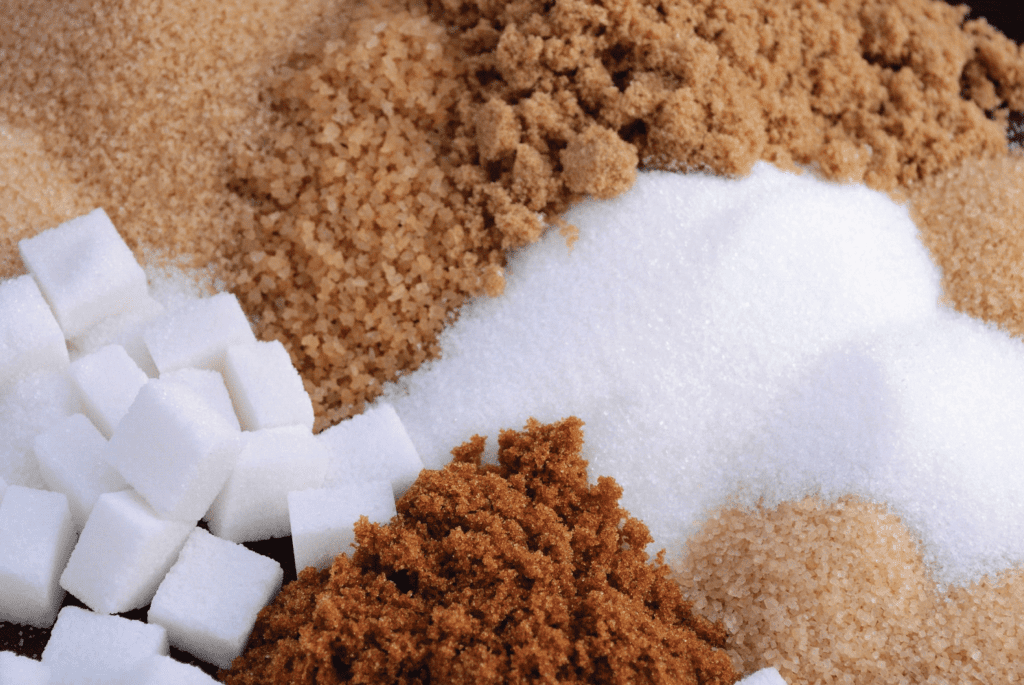Avoiding refined sugar can be difficult to do. Even if sugar is not your dietary weakness, it can be hard to avoid it altogether.
For health reasons, more people are now turning to artificial sweeteners and other sugar substitutes to sweeten their recipes and beverages. Fortunately, if you want to limit your intake of refined sugar, there is a wide range of sugar alternatives available to help you. The following sugar alternatives can all be found in most common grocery stores.
Maple Syrup
Maple syrup is a natural sweetener high in antioxidants and rich in minerals such as potassium, calcium, zinc, and manganese. It’s a thick, sugary syrup that involves cooking the sap extracted from maple trees.
How to use it:
Maple syrup can be used in a variety of ways to add sweetness to your dish. You can add it to your oatmeal, coffee, or main courses, such as chicken and salmon, before cooking. Maple syrup is also a great substitute for refined sugar in baking, but just remember to reduce the amount of other liquids in the recipe.
Honey
Similar to maple syrup, honey is a natural liquid sweetener. It contains more nutrients than regular table sugar and the compounds in honey may help modulate inflammation in your body. Though it is high in calories, it has a lower glycemic index (GI) than table sugar and is much easier to digest.
How to use it:
Honey is a great sweetener for coffee, tea, and even salad dressings! Honey can also be used as a replacement for sugar in baking, but similar to maple syrup, remember to reduce the amount of other liquids in the recipe.
Coconut Sugar
Coconut sugar is an unrefined natural sweetener that retains all of its vitamins and minerals. It’s made from coconut palm sap, which is the sugary fluid of the coconut plant. The end product of coconut sugar is brown and granulated, and can be mistaken for brown sugar.
Though coconut sugar isn’t as processed as table sugar, it’s still high in calories and fructose. Because of this, coconut sugar isn’t the best sugar alternative for people who have diabetes or are trying to lose weight.
How to use it:
Coconut sugar can be used as a 1-to-1 replacement for white or brown sugar, making it easy to use in the kitchen. Because coconut sugar is fairly coarse, you may need to blend it before using it in your baking recipes.
Agave Nectar
Agave nectar is a natural sweetener derived from the sap of an agave plant. It’s a sweet brown liquid and is commonly used as a replacement to table sugar, particularly in beverages.
While agave nectar provides more nutrients than table sugar, it provides fewer nutrients than honey. Agave nectar is high in fructose and calories, so less is more when using it as an alternative.
How to use it:
Agave has a long shelf life and can be used as a replacement for sugar in most baking recipes. It also lacks the bitter aftertaste that many other sugar substitutes have. A good rule of thumb when using agave nectar as a replacement is the 75 percent rule, which means you use ¾ the amount of liquid sweetener by volume as granulated sugar. So, if your recipe is calling for 1 cup of sugar, substitute the sugar with ¾ of a cup of agave nectar.
Monk Fruit Extract
Monk fruit extract, or monk fruit sweetener, has been around for decades but has grown in popularity recently. Monk fruit sweetener is extracted from a monk fruit and has no calories, no sugar, and is available in multiple forms.
The sweetener is created by removing the seeds and skins of the monk fruit and crushing it to collect the juice. Then, the juice is dried out to create a powder. Though it’s a pricier sugar substitute, monk fruit extract is FDA approved and has no harmful side effects.
How to use it:
Monk fruit sweetener is a great sugar substitute in warm drinks, such as coffee and tea. Some people do find there is a bitter aftertaste so be cautious when using monk fruit sweetener in baking recipes.
The bottom line
While almost everyone has a bit of a sweet tooth, high sugar diets can be linked to an increase of disease and a wide range of health conditions. Sugar alternatives can be people looking to cut down calories and enhance the taste of their food or drinks.
Remember though, moderation is important when sweetening up your recipes. Just because you are using a sugar alternative does not mean it’s “healthy” for you. Use moderation when you can and remember to look up substitution ratios.
If you are concerned about your sugar intake, book a test today to check your blood sugar levels.
